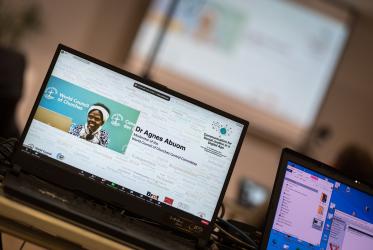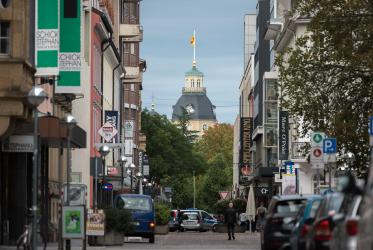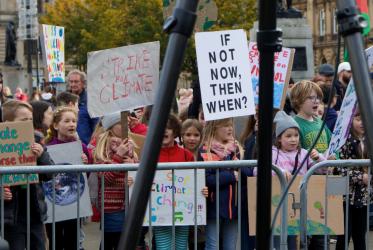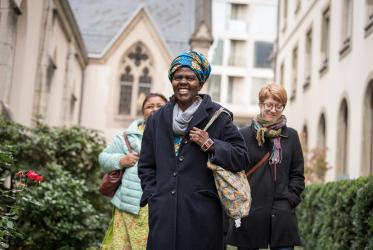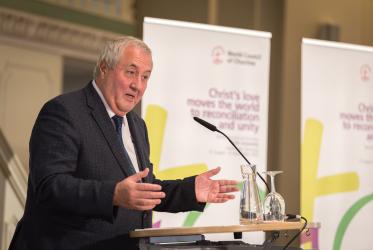Displaying 121 - 140 of 677
WCC executive committee lights the way for WCC 11th Assembly
26 November 2021
Church of Sweden publicly apologises for abuse of Sámi people
26 November 2021
WCC consultation reflects on future of health ministry
15 October 2021
